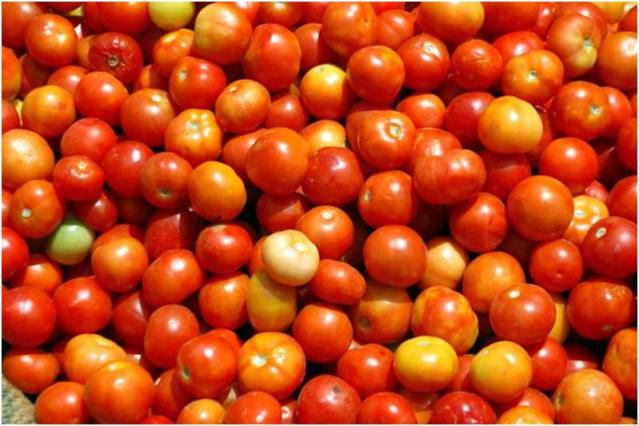Fishermen venturing into the sea near Kannur. Ocean acidification is caused when the CO2 emitted by human activity, mainly burning fossil fuels, dissolves into the oceans.
Scientists have warned that ocean acidification, which is dubbed the ‘evil twin of global warming’, caused by a rise in human emissions of carbon dioxide (CO2), threatens the world’s oceans.
“Ocean conditions are already more extreme than those experienced by marine organisms and ecosystems for millions of years,” researchers said in the latest issue of the journal Trends in Ecology and Evolution (TREE). “This emphasises the urgent need to adopt policies that drastically reduce CO2 emissions,” they added. Ocean acidification, which the researchers call the ‘evil twin of global warming’, is caused when the CO2 emitted by human activity, mainly burning fossil fuels, dissolves into the oceans. It is happening independently of, but in combination with, global warming.
“Evidence gathered by scientists around the world over the last few years suggests that ocean acidification could represent an equal -or perhaps even greater threat -to the biology of our planet than global warming,” said co-author Professor Ove Hoegh-Guldberg of the ARC Centre of Excellence for Coral Reef Studies and The University of Queensland. More than 30 percent of the CO2 released from burning fossil fuels, cement production, deforestation and other human activities goes straight into the oceans, turning them gradually more acidic.
“The resulting acidification will impact many forms of sea life, especially organisms whose shells or skeletons are made from calcium carbonate, like corals and shellfish. It may interfere with the reproduction of plankton species which are a vital part of the food web on which fish and all other sea life depend,” said Professor Hoegh-Guldberg.
The scientists say there is now persuasive evidence that mass extinctions in past Earth history, like the “Great Dying” of 251 million years ago and another wipeout 55 million years ago, were accompanied by ocean acidification, which may have delivered the deathblow to many species that were unable to cope with it.
According to lead author, Dr. Carles Pelejero, from ICREA and the Marine Science Institute of CSIC in Barcelona, Spain, “These past periods can serve as great lessons of what we can expect in the future, if we continue to push the acidity the ocean even further.” “Given the impacts we see in the fossil record, there is no question about the need to immediately reduce the rate at which we are emitting carbon dioxide in the atmosphere,” he added.







